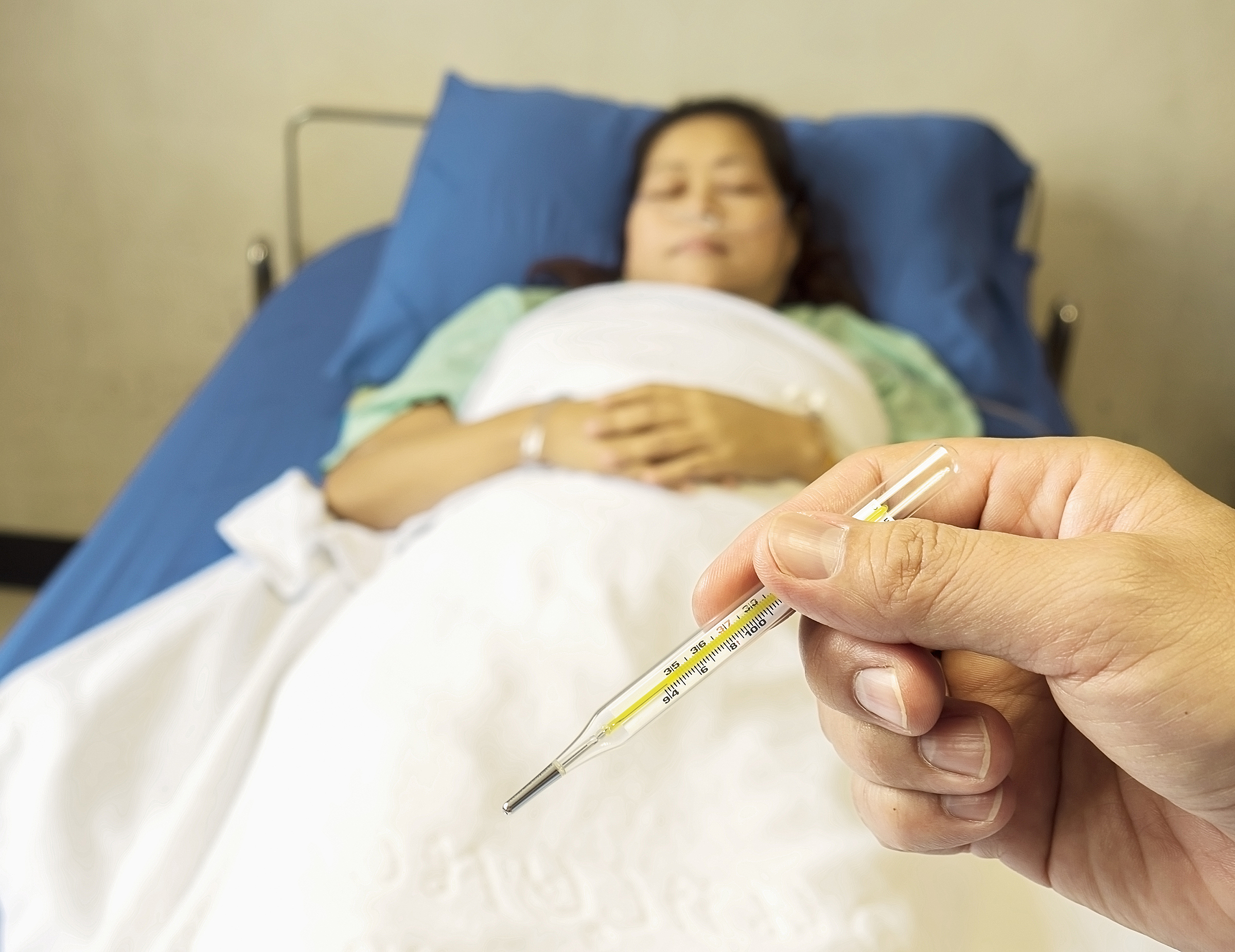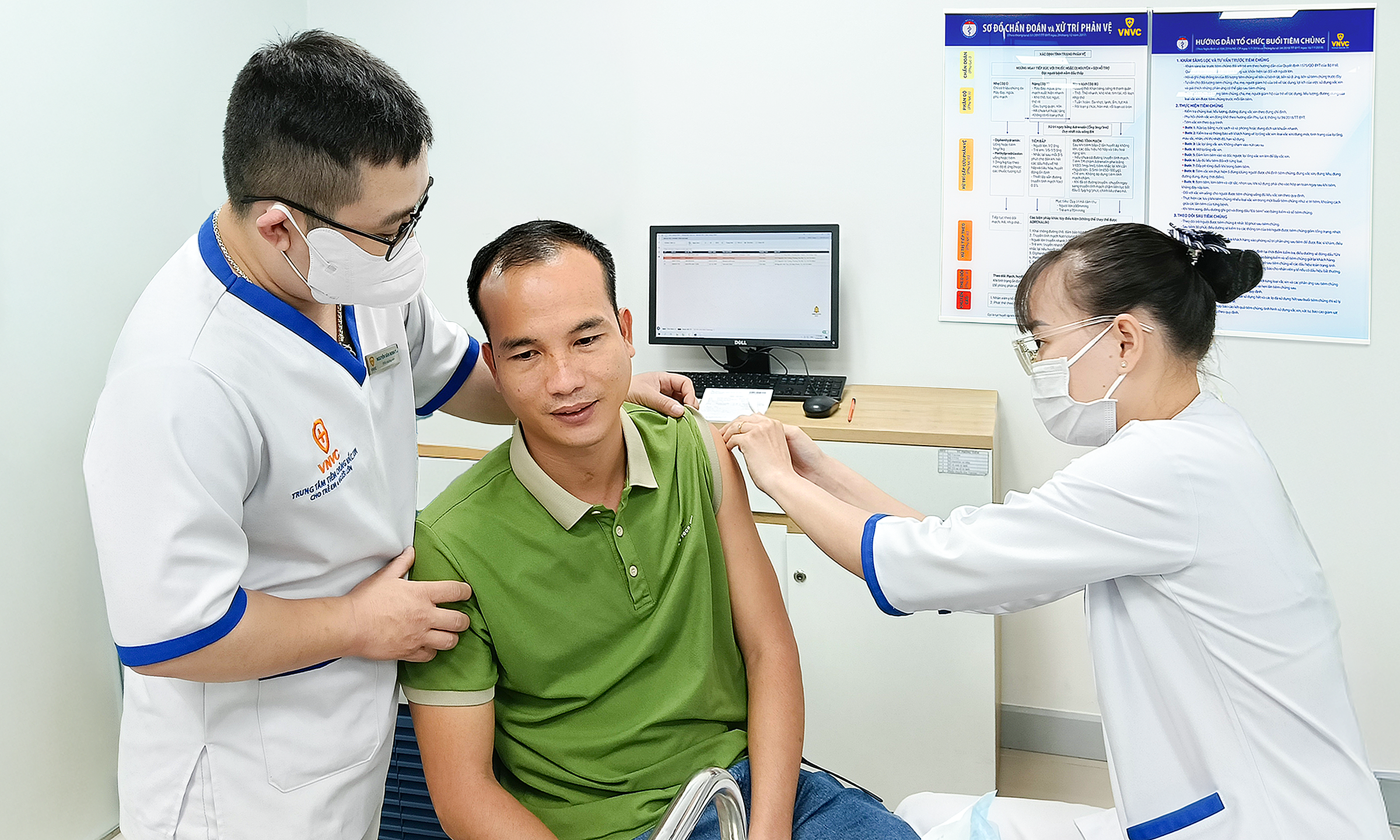Doctor Bach Thi Chinh, Medical Director of VNVC Vaccination System, issued this warning following two recent rabies deaths in Ho Chi Minh City. Many people who had close contact with the patients have been advised to receive rabies vaccinations.
Doctor Chinh explained that rabies patients lose control over their reflexes. They exhibit hydrophobia (fear of water), aerophobia (fear of drafts or wind), phonophobia (fear of noise), photophobia (fear of light), and are easily agitated by these stimuli. They may experience painful muscle spasms in the throat, larynx, and respiratory system, leading to agitation and rage. In their distress and fear, they may exhibit dangerous behaviors towards caregivers or those in close contact, such as biting and scratching.
In 5/2023, a 3-year-old girl in Quang Tri province scratched and bit her parents. In 11/2023, a woman in An Giang province was bitten on the left hand and scratched on the face by her husband, who had rabies.
Doctor Chinh explained that after entering through a bite, the rabies virus multiplies in muscle cells, attaches to nerve roots, and travels along peripheral nerves to the central nervous system. Upon reaching the brain, the virus multiplies rapidly, causing encephalitis (brain inflammation) and disrupting the nervous system’s control over basic life functions like swallowing and breathing. This leads to pain, an inability to swallow, excessive salivation, and ultimately, death.
 |
Gloves should be worn, or hands washed thoroughly with soap after caring for a rabies patient. Illustration: Vecteezy |
Gloves should be worn, or hands washed thoroughly with soap after caring for a rabies patient. Illustration: Vecteezy
While direct human-to-human transmission of rabies has not been documented, medical literature has recorded cases of transmission through cornea, liver, kidney, and heart transplants from infected donors in the US, Germany, China, and India.
“Once rabies symptoms manifest, the mortality rate is nearly 100% in both animals and humans. Theoretically, the saliva of both infected animals and humans contains the virus and can transmit the disease through bites or by licking open wounds. Saliva sprayed onto open wounds or mucous membranes of the eyes, nose, or mouth also presents a risk of transmission," Doctor Chinh said.
Doctor Chinh noted that initial rabies symptoms, such as fever, headache, and fatigue, can be mistaken for other common illnesses. Restlessness, agitation, confusion, and delusions might be misinterpreted as personality traits, delaying diagnosis and potentially spreading the virus.
If someone exhibits suspected rabies symptoms, local authorities should be notified immediately, and the individual should be taken to a medical facility for testing and diagnosis. Palliative care should be provided if necessary.
Those living with, in close contact with, or caring for rabies patients should wash their hands frequently with soap or wear medical gloves during care. They should also avoid sharing eating utensils, toothbrushes, and other personal items.
Individuals scratched or bitten by a rabies patient, or whose open wounds or mucous membranes of the eyes or mouth come into contact with the patient's saliva, should receive the same post-exposure prophylaxis (PEP) vaccine regimen as those bitten or scratched by a rabid or suspected rabid animal.
Proper wound care is crucial: rinse the wound under running water for 15 minutes while washing with soap. Avoid scrubbing or rubbing the wound. Disinfect with alcohol or povidone-iodine solution, then visit the nearest vaccination center.
 |
People receiving rabies vaccines at VNVC Vaccination System. Photo: Khanh Hoa |
People receiving rabies vaccines at VNVC Vaccination System. Photo: Khanh Hoa
Those exposed who have never received a rabies vaccine will receive a five-dose intramuscular regimen on days 0, 3, 7, 14, and 28, or an eight-dose intradermal regimen on days 0, 3, 7, and 28. Individuals with multiple wounds on the head, face, neck, extremities, or areas with high nerve concentrations may require rabies immunoglobulin, as per Ministry of Health guidelines.
Those who have completed a full post-exposure prophylaxis or pre-exposure prophylaxis regimen (three doses on days 0, 7, and 21 or 28) only need two vaccine doses on days 0 and 3, with no immunoglobulin required.
Several rabies vaccines are available in Vietnam, including Verorab (France) and Abhayrab (India). These vaccines, produced with new technology, are safe for all ages.
Hoang Duong












